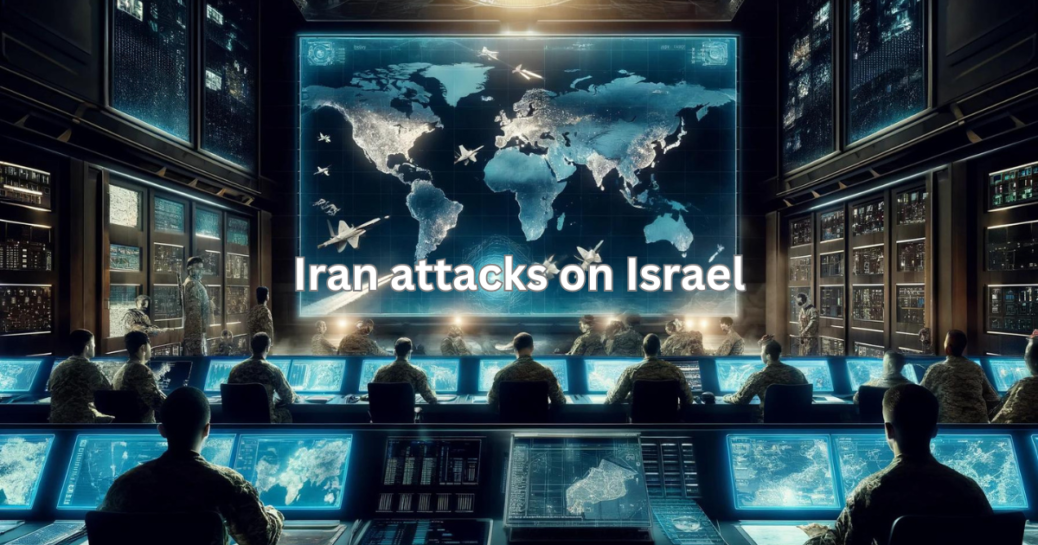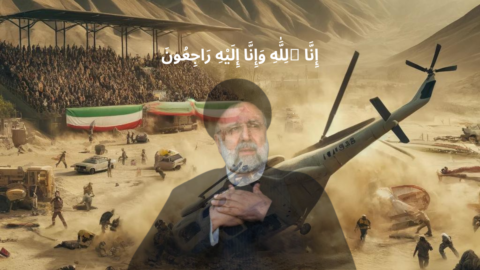Hundreds of Iranian Drones Target Israel in Historic First Attack; Global Powers Urge Restraint
Iran Attacks on Israel, A Sudden Escalation in Middle East Tensions as World Leaders Call for Calm
In a dramatic escalation of longstanding tensions, Iran has carried out an an aerial assault on Israel. This major military operation involved hundreds of drones and missiles, marking the first direct confrontation between the two nations, which have historically engaged through proxy forces and indirect skirmishes.
Iran Attack on Israel Today
The Israeli military has reported that the defense systems, with aid from the United States and other allies, successfully intercepted more than 300 cruise missiles and drones, primarily outside Israeli airspace. Despite the scale of the attack, the Israeli government has confirmed minimal damage and no significant casualties, although a young girl was injured by shrapnel.
What Will Happen if Israel Attacks Iran?
Details of the Attack
In the early hours of the morning, Iran launched more than 300 drones and missiles targeting military facilities across Israel. This massive assault was described by the Israeli Defense Forces (IDF) spokesman, Rear Admiral Daniel Hagari, as mostly thwarted by Israel’s sophisticated interception systems. The IRGC, which orchestrated the attack, stated that it was a retaliatory act for a previous strike on its consulate in Syria that left several officers dead.
World Leaders’ Responses
The global reaction was swift and pointed. U.S. President Joe Biden condemned the attack and reaffirmed America’s staunch support for Israel, stating that nearly all incoming missiles and drones were neutralized with U.S. assistance. European leaders, including German Chancellor Olaf Scholz and British Prime Minister Rishi Sunak, also voiced strong disapproval of Iran’s actions, emphasizing solidarity with Israel and calling for restraint to prevent further escalation.
Strategic and Military Analysis
Military experts have noted the effectiveness of Israel’s defense systems in intercepting the barrage of Iranian missiles. This successful defense highlights advanced military capabilities and cooperation among allies, which could significantly influence Iran’s strategic calculations in future confrontations.
Political Implications
The direct confrontation has significant ramifications for international relations and regional stability. Iran’s aggressive stance and the robust response from Israel and its allies are likely to influence future diplomatic interactions. The U.N. Security Council has scheduled a meeting to discuss the situation, with expectations of strong condemnations against Iran and discussions on potential sanctions.
Future Outlook
The international community, led by President Biden and supported by G7 nations, is poised for a united diplomatic response. The possibility of Israeli retaliation remains high, with Israel Prime Minister Benjamin Netanyahu promising a robust response to ensure national security. The ongoing situation demands close monitoring as developments could rapidly influence the geopolitical landscape of the Middle East.
In conclusion, while the immediate threat from the attack has been contained, the long-term consequences and potential for further conflict remain a significant concern. The global community continues to watch closely, hoping diplomatic efforts will prevail over further military action.









